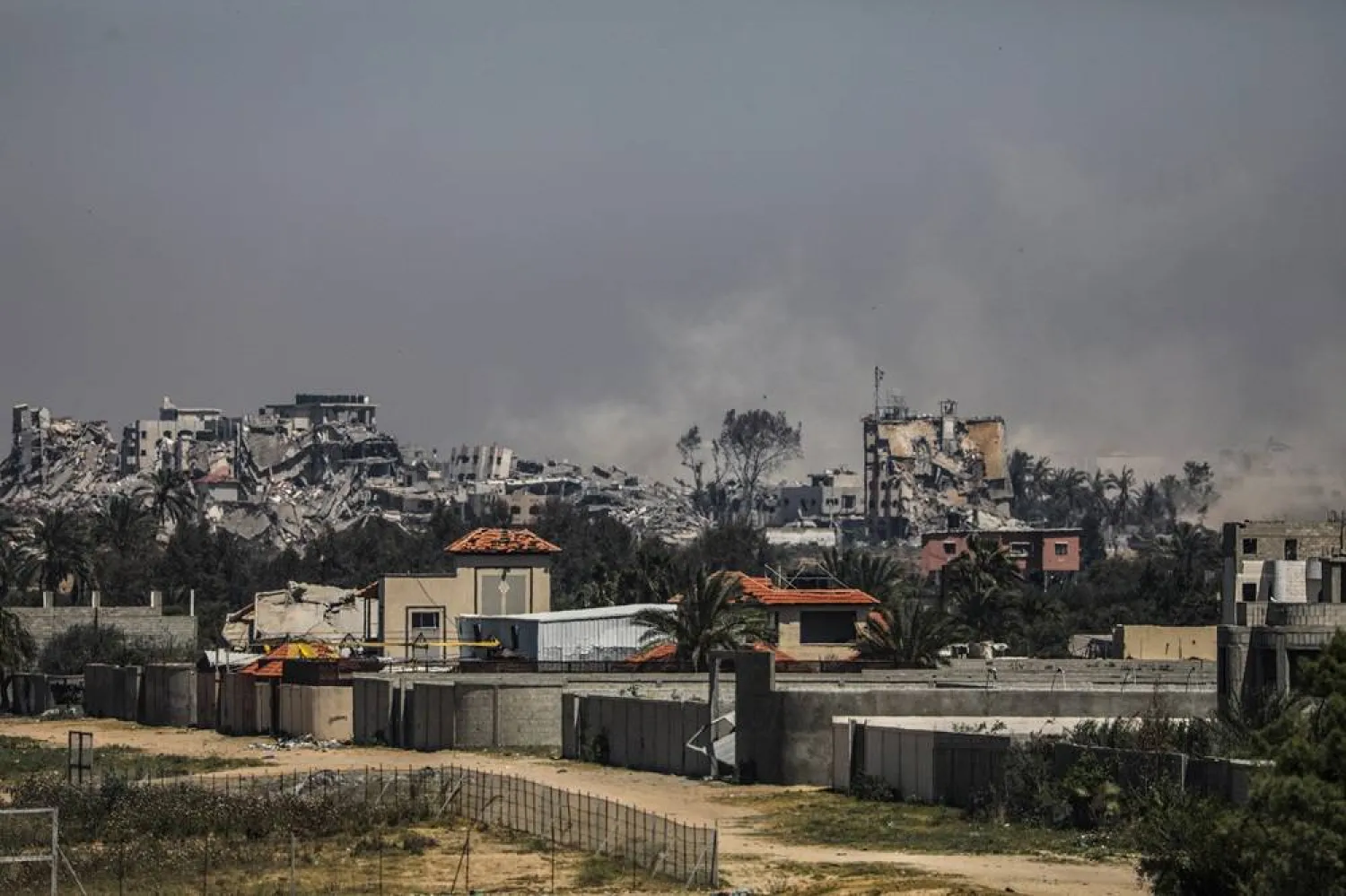The United Nations Security Council is scheduled to vote Friday on a Palestinian request for full UN membership, said diplomats, a move that Israel ally the United States is expected to block because it would effectively recognize a Palestinian state.
The 15-member council is due to vote at 3 p.m. (1900 GMT) Friday on a draft resolution that recommends to the 193-member UN General Assembly that "the State of Palestine be admitted to membership of the United Nations," diplomats said.
A council resolution needs at least nine votes in favor and no vetoes by the US, Britain, France, Russia or China to pass. Diplomats say the measure could have the support of up to 13 council members, which would force the US to use its veto.
Council member Algeria, which put forward the draft resolution, had requested a vote for Thursday afternoon to coincide with a Security Council meeting on the Middle East, which is due to be attended by several ministers.
The United States has said that establishing an independent Palestinian state should happen through direct negotiations between the parties and not at the United Nations.
"We do not see that doing a resolution in the Security Council will necessarily get us to a place where we can find ... a two-state solution moving forward," US Ambassador to the UN Linda Thomas-Greenfield said on Wednesday.
The Palestinians are currently a non-member observer state, a de facto recognition of statehood that was granted by the 193-member UN General Assembly in 2012. But an application to become a full UN member needs to be approved by the Security Council and then at least two-thirds of the General Assembly.
'PEACE-LOVING STATES'
The UN Security Council has long endorsed a vision of two states living side by side within secure and recognized borders. Palestinians want a state in the West Bank, east Jerusalem and Gaza Strip, all territory captured by Israel in 1967.
Little progress has been made on achieving Palestinian statehood since the signing of the Oslo Accords between Israel and the Palestinian Authority in the early 1990s.
The Palestinian push for full UN membership comes six months into a war between Israel and Palestinian Hamas fighters in Gaza, and as Israel is expanding settlements in the occupied West Bank.
Israel's UN Ambassador Gilad Erdan said earlier this month that "whoever supports recognizing a Palestinian state at such a time not only gives a prize to terror, but also backs unilateral steps which are contradictory to the agreed-upon principle of direct negotiations."
A Security Council committee on the admission of new members - made up of all 15 council members - met twice last week to discuss the Palestinian application and agreed to a report on the issue on Tuesday.
"Regarding the issue of whether the application met all the criteria for membership ... the Committee was unable to make a unanimous recommendation to the Security Council," the report said, adding that "differing views were expressed."
UN membership is open to "peace-loving states" that accept the obligations in the founding UN Charter and are able and willing to carry them out.









